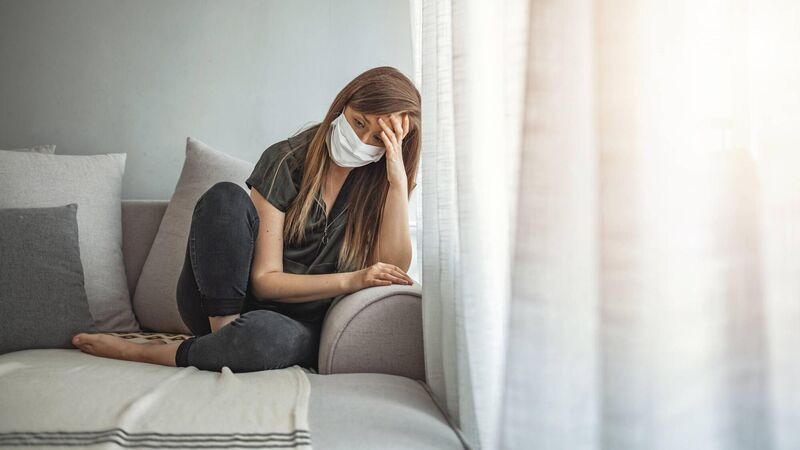Joyce Fegan: Pandemic had a 'profound effect' on our wellbeing

‘Try asking twice’ is the advice from the Samaritans. People tend to reply ‘grand’ but this may be far from the reality.
Try from €1.50 / week
SUBSCRIBE
‘Try asking twice’ is the advice from the Samaritans. People tend to reply ‘grand’ but this may be far from the reality.
On January 21 this year, the bulk of Covid restrictions were lifted. Mask-wearing and travel restrictions remained in place after that date, as did controls in various medical settings, but as far as being able to socialise, eat out, go to your gym class or pop into your neighbour, you were free to do so.
For the last 10 months we’ve been free of restrictions.
Already a subscriber? Sign in
You have reached your article limit.
Annual €130 €80
Best value
Monthly €12€6 / month
Introductory offers for new customers. Annual billed once for first year. Renews at €130. Monthly initial discount (first 3 months) billed monthly, then €12 a month. Ts&Cs apply.
CONNECT WITH US TODAY
Be the first to know the latest news and updates
Newsletter
Sign up to the best reads of the week from irishexaminer.com selected just for you.

Select your favourite newsletters and get the best of Irish Examiner delivered to your inbox
Sunday, February 8, 2026 - 7:00 AM
Sunday, February 8, 2026 - 7:00 AM
Saturday, February 7, 2026 - 11:00 PM
© Examiner Echo Group Limited